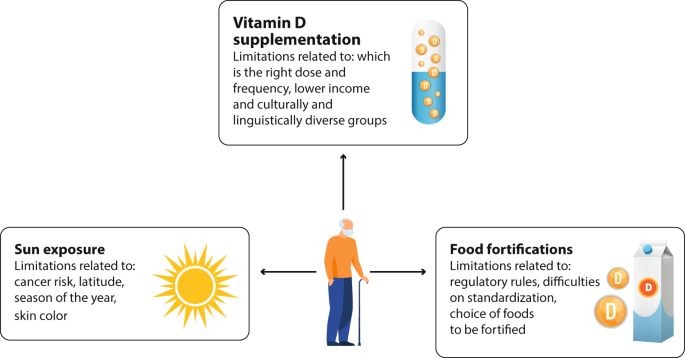Vitamin D supplements are widely known for their health benefits, which include supporting heart health, boosting immunity, and aiding weight loss. Recent research adds another potential benefit: lowering blood pressure in older adults with obesity.
Key Findings
A recent study published in the Journal of the Endocrine Society reveals that vitamin D and calcium supplements may help reduce blood pressure in older adults with higher body weight. However, the study highlights that taking more than the recommended daily dose of vitamin D offers no additional benefits.

Recommended Daily Intake
According to the NIH Office of Dietary Supplements:
- Ages 51–70: 600 IU (15 mcg) of vitamin D daily
- Ages 71+: 800 IU (20 mcg) of vitamin D daily
Study Insights: Comparing Low and High Doses of Vitamin D
In this double-blind, randomized controlled trial involving 221 adults aged 65 or older with BMIs over 25, participants were divided into two groups:
- Low dose group: 600 IU of vitamin D per day with a placebo.
- High dose group: 3,750 IU of vitamin D per day.
Each participant also received 250 mg of calcium citrate daily. After a year, both groups showed a slight reduction in blood pressure:
- Systolic BP: Reduced by 3.5 mm Hg
- Diastolic BP: Reduced by 2.8 mm Hg
Notably, those in the high-dose group had a marginally greater reduction, but this difference was not statistically significant.
How Vitamin D Affects Blood Pressure
Vitamin D plays a role in regulating the renin-angiotensin system, which controls blood pressure. Low vitamin D levels can lead to increased renin secretion, elevating blood pressure. Calcium also supports blood pressure regulation by helping blood vessels maintain proper tone.
According to Michelle Routhenstein, MS, RD, a preventive cardiology dietitian, vitamin D and calcium can support blood pressure management through their effects on blood vessel relaxation and overall vascular health.
Is More Vitamin D Better?
The study found that exceeding the recommended vitamin D dose did not enhance cardiovascular benefits. High doses of fat-soluble vitamins like vitamin D can lead to long-term toxicity. Routhenstein advises finding a balanced intake tailored to individual needs, considering factors like lab results, diet, and medical history.
Limitations of the Study
While promising, the study has limitations:
- Sample Size and Diversity: Primarily older adults with obesity; findings may not apply to younger or more diverse populations.
- Pre-existing Conditions: Many participants had hypertension or started blood pressure medication during the study, which could impact generalizability.
Vitamin D’s Potential in Blood Pressure Management
For older adults with obesity, vitamin D and calcium supplements may offer modest blood pressure benefits. However, it’s essential to stick to recommended doses and consult with healthcare providers to personalize vitamin D intake based on individual health needs.




